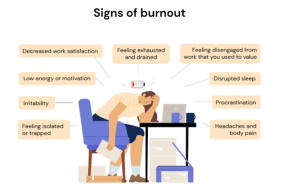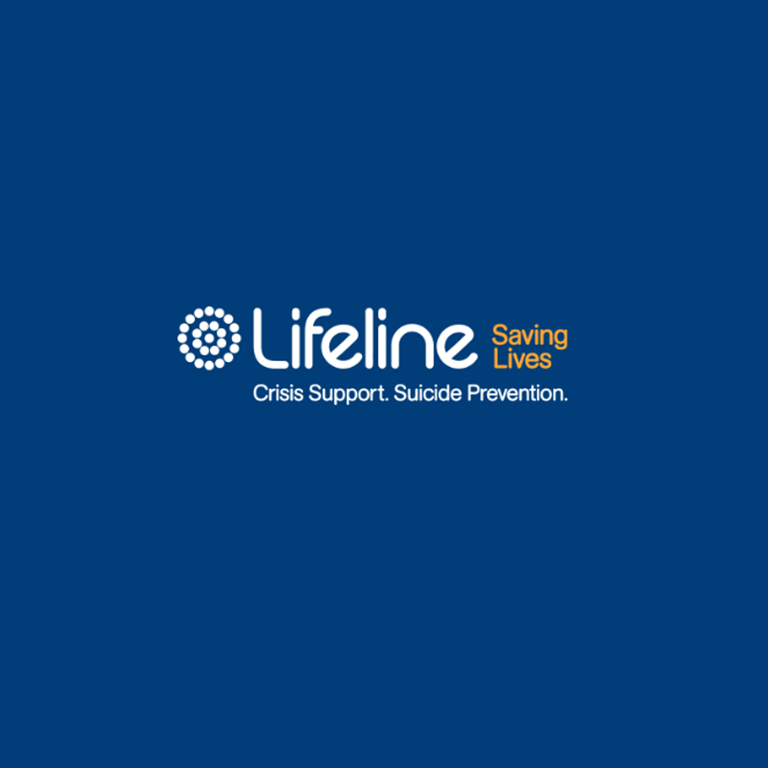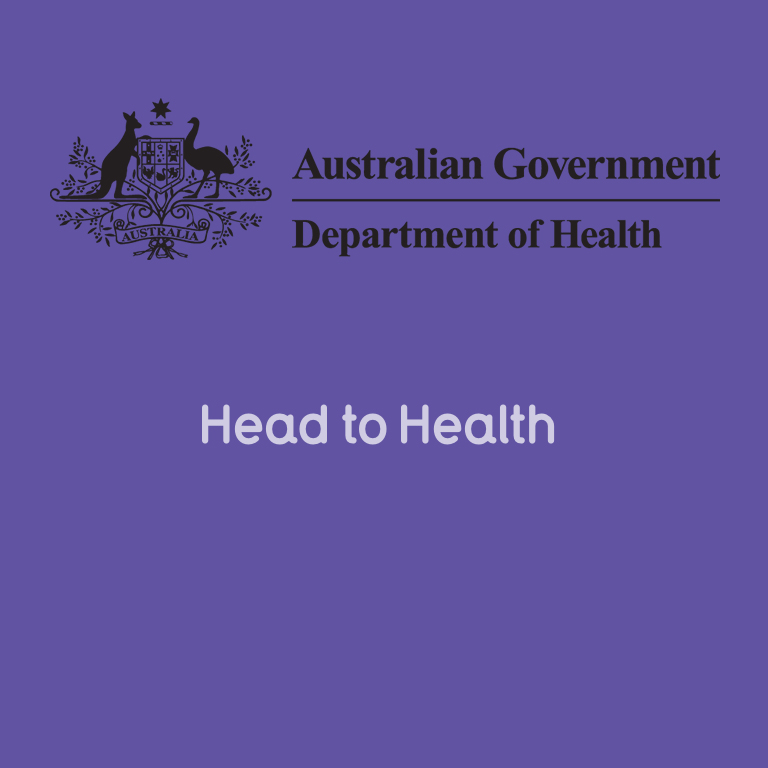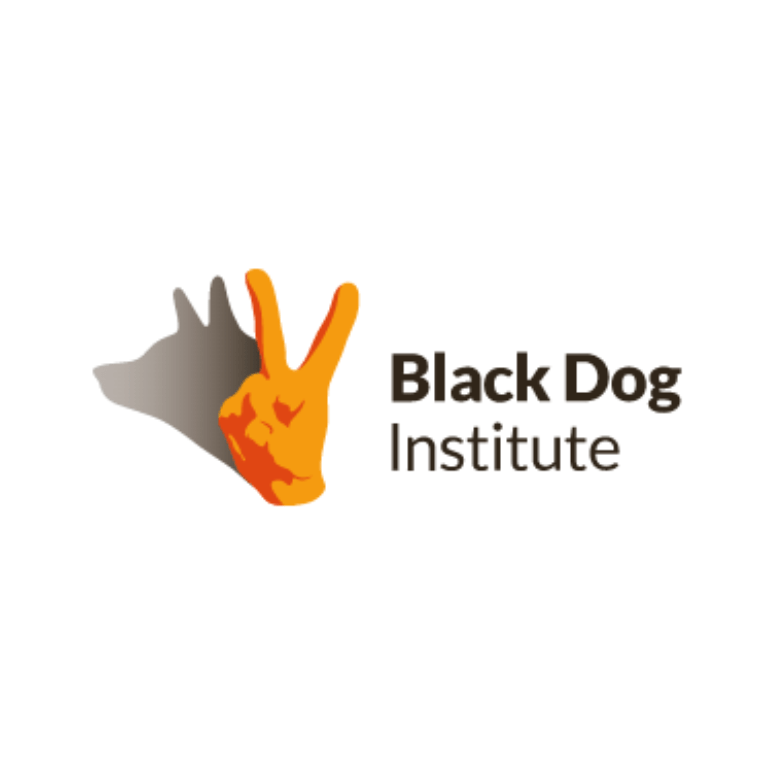Optometry Australia cares about your mental health and wellbeing
In April 2025, the American Academy of Optometry surveyed 1436 optometrists to determine the prevalence of burnout among optometrists in the United States. 53.6 % of optometrists reported symptoms of burnout with females reporting higher burnout rates than males. Risk factors identified were optometrists mid-career (5-29 years after graduating), high number of clinic days, high patient volume and electronic health record use.
Closer to home, a team of researchers from the Queensland University of Technology (QUT) conducted a large, cross sectional survey of Australian optometrists in 2019 using well established mental health scales. The results they found were also concerning, with prevalence of depression and anxiety and moderate to severe psychological distress at 31%. Prevalence of high burnout was 56% and optometrists aged ≤ 30 years were 3.5 times more likely to report moderate to severe psychological distress compared to optometrists aged >30 years.
As the world entered an unprecedented global pandemic in 2020, many further studies demonstrated a profound and prolonged impact on healthcare workers. One study of over 9,000 Australian healthcare workers during 2020 found 71% experienced moderate to severe burnout.
Post pandemic, we are faced with new challenges, with 2025 further embedding the cost of living crisis, economic uncertainty and for many, reduced energy.
In September 2024, Optometry Australia hosted the Clear Minds, Bright Futures symposium, an event designed to bring together the optometry community to address the growing challenges of burnout and mental wellbeing within the profession. Work to address the underlying causes of professional dissatisfaction and mental distress progressed in 2025 (with Optometry Australia’s workforce conditions survey led by Flinders University and the national workforce projections study from QUT, which were discussed with key stakeholders at the inaugural Optometry Leader’s Summit in April 2025 to explore solutions) and will continue with stakeholders throughout the sector.
Three free counselling services by trained psychologistsIn March 2022, Optometry Australia (OA) launched the Member Assistance Program, to support you in strengthening your mental resilience and wellbeing. Over the past three years many members have taken this opportunity to take some time to focus on themselves, kick start their mental health journey or focus on tailored self-improvement with the help of trained professionals. This service is completely confidential and free for all OA members and gives you access to up to three coaching and counselling sessions. To get more information about the Member Assistance Program, we encourage you to watch this short introductory video and read more here. This member service does not require referral, Medicare, GP or employer information. Once your membership status has been verified (from membership lists – no information is supplied back to OA) you can talk to their trained psychologists anonymously if you prefer. (Please note this also enables any member to discuss sensitive topics, such as alcohol or drug use issues with a trained psychologist). Research indicates this factor remains a barrier in professionals accessing help and assistance in these areas). If you wish to book a coaching or counselling session through the Member Assistance Program, simply call MINDCHECK HP, who specialise in working with health professionals. T: 07 3847 8094 E: admin@mindcheck.com.au |
Webcasts
| Webcast | Link | Description | Speakers |
|---|---|---|---|
| Clear Minds, Bright Futures Symposium | Watch | Learn how optometry managers and employers can help prevent and manage burnout and psychological injury at your workplace (2024). Hear the current research regarding mental wellbeing in optometry and healthcare. | Sharon Bentley, Madeleine Baker (optometrists) and Dr Tim Doyle (clinical psychologist). |
| Mental Health First Aid | Watch | Discusses mental health first aid as a health practitioner. Outlines key indicators and symptoms that optometrists should be looking for in patients, optometrist’s responsibilities and obligations. | Teresa Coffey, mental health Specialist. |
| One Clear Path for Optometrists | Watch | Optimal strategies for your own physical and mental wellbeing. | Lisa Jansen, optometrist and director at Infinite Clarity Coaching. |
| Mental Resilience | Watch | Learn the difference between stress and burnout and how to identify stress in oneself and others Learn how to mitigate risk factors and harness protective factors to promote personal growth Learn how psychological safety can create human connectedness and team cohesion | Cassandra Danskin, Workplace Interventions. |
Podcasts
| Podcast | Episode |
|---|---|
| Optometry NSW/ACT ‘Optometry Talks' episodes | |
| Dr Anna Samecki from the Black Dog Institute | |
| UK College of Optometrists | • Anxiety Pt 1: Ruth Bennett talks to Dave Burke, Mental Health First Aid Instructor, and Neil Constantine-Smith, an optometrist with over 30 years experience, about the rising number of young people suffering from anxiety. They discuss the possible reasons for this trend and provide helpful strategies and advice for dealing with anxiety. • Anxiety Pt 2: In this episode the team answer questions from supervisors and students on balancing work/life balance, how to prepare for exams and how to deal with disappointment if things don't go your way. |
Tips to prevent burnout in optometry
- R U OK? Optometrist’s view on dealing with burnout
- 7 tips for reentry to the new normal in optometry practice
- Burnout flyer for health professionals
- Black Dog Institute Navigating Burnout digital program
The Australian Government has also identified burnout as a priority and early in 2023 invested another $1.7m in The Essential Network (TEN), which provides evidence-based tools and resources to support health practitioners’ mental health. We recommend the TEN Self Guided Digital Mental Health Check-up.

–
Suicide and self-harm in health professionals
In 2023, Ahpra released findings from an Expert Advisory Group about identifying and minimising distress for practitioners involved in the regulatory process.
Sadly, it found that 16 health practitioners across the National Scheme had taken their lives between January 2018 and December 2021 while involved in regulatory processes, and four practitioners had attempted suicide or had self-harmed.
As a registered practitioner has a 38% chance of receiving a notification over a 30-year career, ensuring Ahpra balances patient safety with the welfare of optometrists remains a priority for Optometry Australia.
Optometry Australia (OA) attended Ahpra’s ‘Shaping better regulatory experiences’ forums in 2025 and 2024, alongside 140 representatives from the other medical and allied health associations to ensure optometry’s voice was heard on the need to ensure that due process and faster resolutions are being prioritised with notifications to minimise adverse mental health outcomes for practitioners under investigation. OA will continue to work with Ahpra’s Advisory group on this issue to strengthen support for members during the notifications process.
To raise awareness of mental health issues and funds for Lifeline’s suicide prevention hotline, OA staff annually join the Push Up Challenge, with the goal this year of completing 3,214 push-ups during the month of June. Why 3,214 push-ups? Sadly, this is the number of Australians who lost their lives to suicide in 2023.
Please join our community ‘Assessing fitness to thrive’ online and the important conversation about mental health! You can register yourself or your practice staff as a team (and there are many alternatives to just doing push ups). The challenge is designed to get you active and provide resources to break down barriers to talking about mental health.
Please reach out for help
Lifeline: 13 11 14 available 24/7
Beyond Blue: 1300 22 46 36 available 24/7
Optometry Australia’s optometry advisor helpdesk offers our members dedicated, experienced optometrist ready to provide confidential support. Contact OAhelpdesk@optometry.org.au or
(03) 9668 8500. Learn more.




